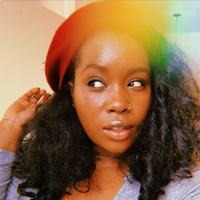'Empire Records' Helped Me Understand My Queerness
Twenty-five years since the film's release, I've realized how important Corey and Gina were in molding my sexual identity.
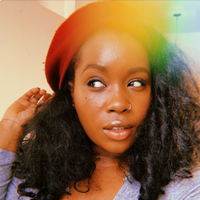
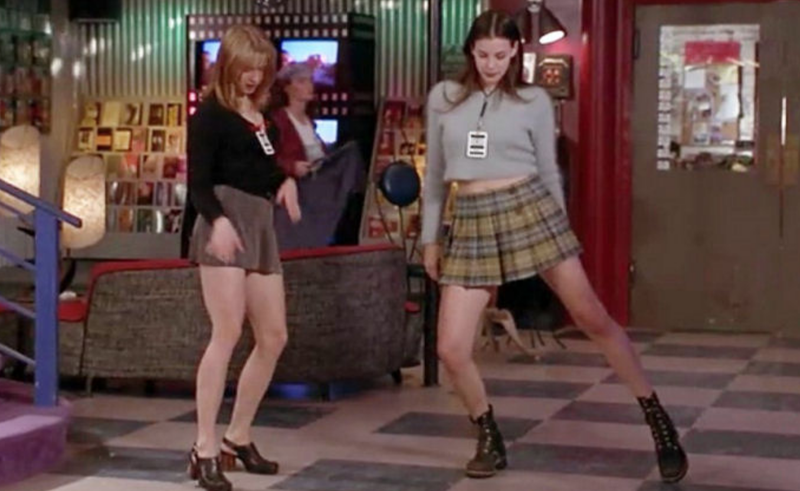
Select the newsletters you’d like to receive. Then, add your email to sign up.
You are now subscribed
Your newsletter sign-up was successful
Want to add more newsletters?

Delivered daily
Marie Claire Daily
Get exclusive access to fashion and beauty trends, hot-off-the-press celebrity news, and more.

Sent weekly on Saturday
Marie Claire Self Checkout
Exclusive access to expert shopping and styling advice from Nikki Ogunnaike, Marie Claire's editor-in-chief.

Once a week
Maire Claire Face Forward
Insider tips and recommendations for skin, hair, makeup, nails and more from Hannah Baxter, Marie Claire's beauty director.

Once a week
Livingetc
Your shortcut to the now and the next in contemporary home decoration, from designing a fashion-forward kitchen to decoding color schemes, and the latest interiors trends.

Delivered Daily
Homes & Gardens
The ultimate interior design resource from the world's leading experts - discover inspiring decorating ideas, color scheming know-how, garden inspiration and shopping expertise.
I found the two films that most shaped my youth the same way I found most of the movies that molded my pop culture–obsessed preteen years: wandering the aisles of Blockbuster, semi-unsupervised, on a Friday night. Aisle by aisle I searched, boxes of candy in hand, while my father patiently waited at the front with his new releases. The minute I popped Clueless into my VCR and heard Cher acknowledge that her crew looked like a Noxema commercial, I knew I would never fit in with the kids at Bronson Alcott High. I was a Black girl from Detroit who thought Charlotte Russe was high fashion. But at Empire Records? There I could be a star employee.
Released on September 22, 1995, the dramedy takes place during one workday at a beloved indie record store under threat of going corporate. The plan to save it hatched by slacker employee Lucas (Rory Cochrane) backfires, and the rest of the employees must band together to help the store and—as trite as it sounds—wind up rescuing each other in the process. Directed by Allan Moyle, the film starred a crop of promising fresh faces including Renée Zellweger, Liv Tyler, and Debi Mazar. But the film was a box office disappointment, making just over $150,000 on opening weekend, and it was overwhelmingly panned by critics (Roger Ebert called it a “lost cause,” awarding it just 1.5 stars). Nevertheless, the film went on to achieve cult status thanks to misfits like me who found comfort in the coworkers who became a close-knit group of trauma-bonded homies. A group that resembled the type of chosen family I desperately wanted in the future.
I wasn’t actively “looking for myself” in movies back then; I was mostly looking to escape reality, especially when it came to understanding my queer identity. I knew something about my sexuality was different, but because I couldn’t fully pin it down—couldn’t fully define it or acknowledge it—I didn’t seek out films explicitly about LGBTQ+ topics and characters. Instead, what I was looking for in films were friends, a crew outside of my family to talk to and dissect things like, “If I love Devon Sawa, why am I always thinking about kissing girls?” I loved my IRL family—they were the people who paid all my Blockbuster late fees, after all—but bringing up my feelings towards girls at the weekly family meeting just wasn’t going to happen.
The film’s writer Carol Heikkinen was surprised to learn the film had come to find a community in the decades since its underwhelming release. “It was a movie that sort of just went away; I didn’t know that people were watching it,” she tells Marie Claire, adding that the film suffered from a lot of script changes from her original work.
“On the positive side, once I did find out that people were tweeting about it, and people like you had watched it as a teenager, and that it had been important to them? That was such a big deal,” Heikkinen said. “[But] so much got lost. There was so much more depth, especially to the Corey [played by Liv Tyler] and Gina [played by Renée Zellweger] relationship.”
Heikkinen says that she never developed the characters with a queer relationship in mind, but Corey and Gina’s connection is what captivated me most.
Whenever I imagined being with girls, friendship was the base of the relationship. I wanted to be the girl at the sleepover who offered the shoulder to cry on. I craved holding hands or linking arms with a girl while walking through the mall. I even pictured myself giggling with a girl in the front seat and singing loudly off-key once I got old enough to drive, just like Corey and Gina at the start of Empire Records.
Get exclusive access to fashion and beauty trends, hot-off-the-press celebrity news, and more.
Partially because of the film’s influence, I started attaching queerness to friendships—most of my romantic relationships since started as platonic ones. I’m not saying that I would purposely befriend girls I had crushes on in the hopes we’d end up together, but I was invested in the notion that Empire Records first suggested to me: that the strongest relationships are those that evolve from friendships. Ones in which you not only discover their cute quirks but where you may learn about a painful past.
Corey and Gina’s explosive fight scene—during which Corey’s addiction to amphetamines is revealed and Gina exposes her jealousy and family problems—rocked me. They laid their hurt on the table but it was unclear if their friendship would or could survive it. There may have been no overt queer factor present in the film, but I found it anyways in this scene. I needed Corey and Gina to make up. I needed them to chalk this up to messy circumstances, talk about it, and let it strengthen their friendship. Because that’s what I was looking for. I craved the kind of friendship where a girl wouldn’t run away or block me on AIM because she found out that I cried at night because I couldn’t figure out what was “wrong” with me. I wanted her to hold my hand because she felt broken sometimes too.
In the end, Corey and Gina make up at Deb’s “funeral,” and it encourages the rest of the crew to create a more powerful bond. To me, it was these two broken girls and their friendship that bought all the rest of the misfits together. Sure, other movies, from every generation, have female BFFs, but those girls often always had everything. Films like Clueless, Mean Girls and Jawbreaker showed me affluent, well-dressed, popular friends, who in the end didn’t have any real problems (aside from being an accidental murderer once).
The world created in most teen films is so unbelievable; I still watched those other films wanting to be displaced, wanting to live in those environments with parent-free pool parties and fashionable friends. But I was seduced by the thought that Empire Records could actually become my reality. I may never have a rotating closet, but it was possible that one day I’d find real friends and might learn to accept that not having it all figured out—including your sexuality—was okay.
I no longer feel like an outcast in my life, but decades later, I still feel the same connection to Empire Records that I did when I rented it on that Friday night back in middle school. Much of what I craved when watching it in my childhood bedroom I’ve been able to attain: I’ve found love and feel validated through my chosen family; I’ve had some successful relationships with women due to our tight friendship at the core. The only thing I’ve yet to get is a furry blue crop top à la Liv Tyler on the movie’s iconic VHS cover. But we mustn’t dwell on that. No, not today.
RELATED STORIES
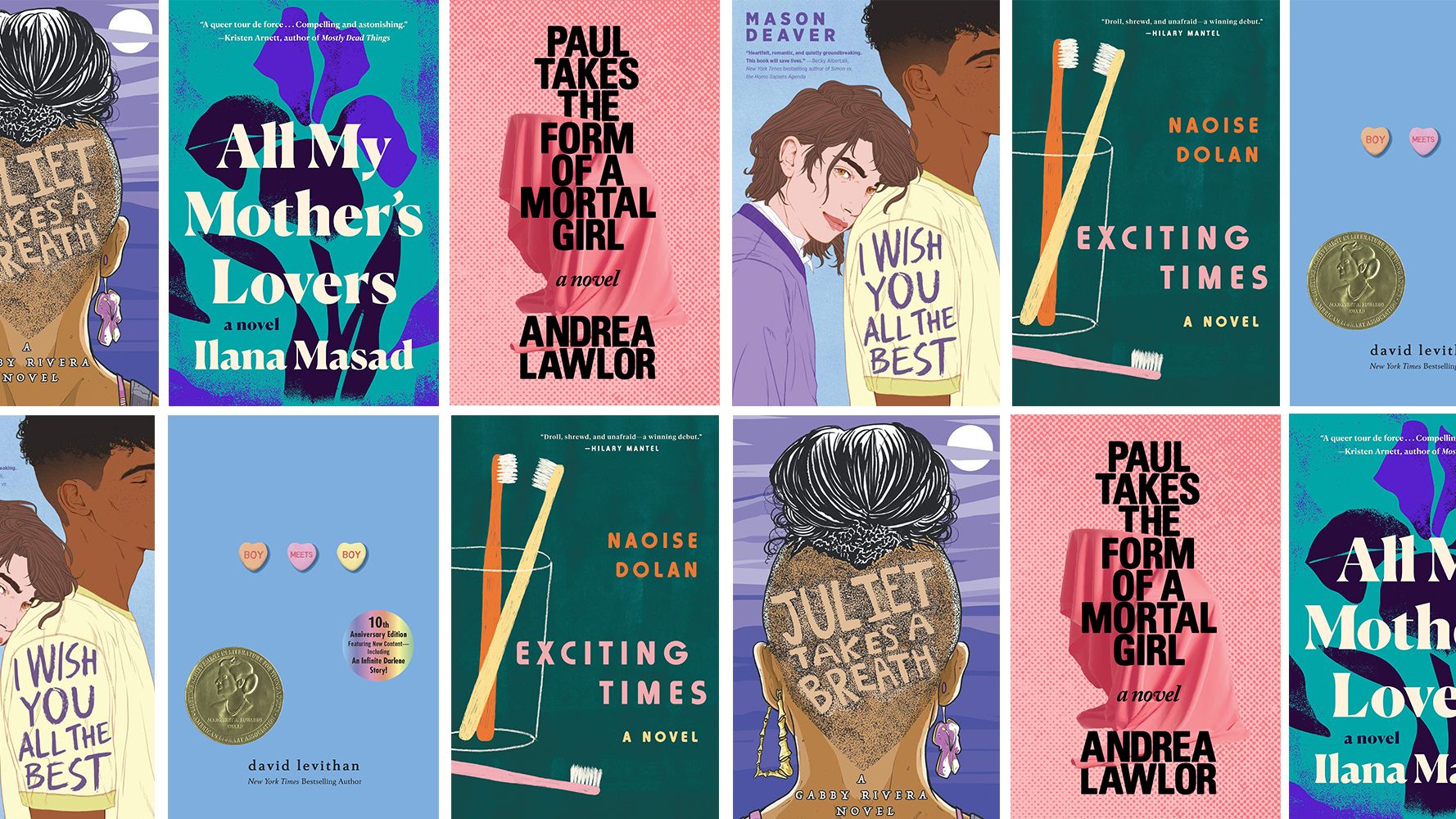
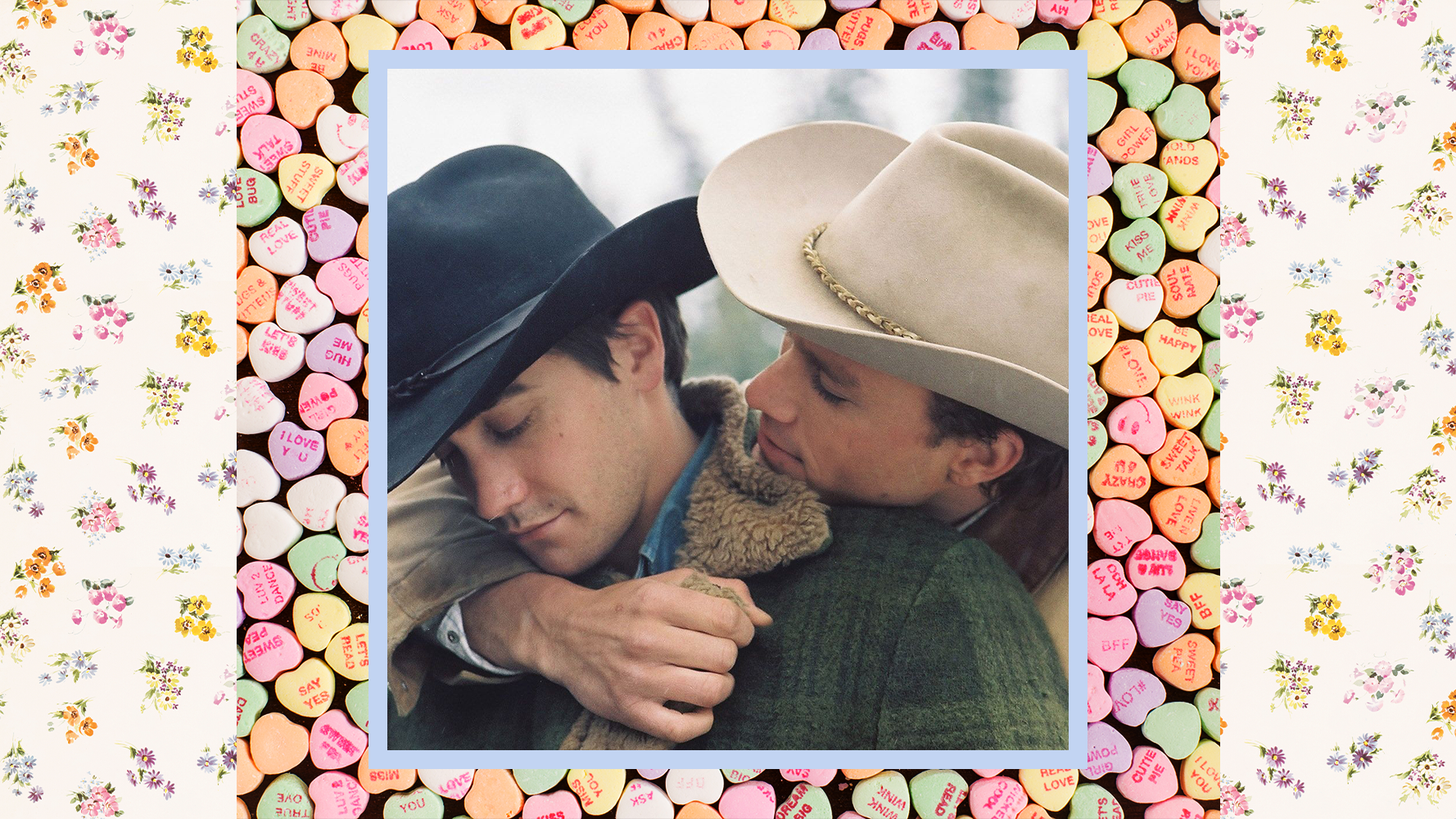
Shelli Nicole is a Detroit-raised, Chicago-based queer writer whose work on race, sexuality, and pop culture has appeared on Autostraddle, Bustle, TalkPoverty & HelloGiggles. Follow her on Twitter (@HiShelli) for fiery emotions & Instagram (@AyoShelli) for fire selfies.
